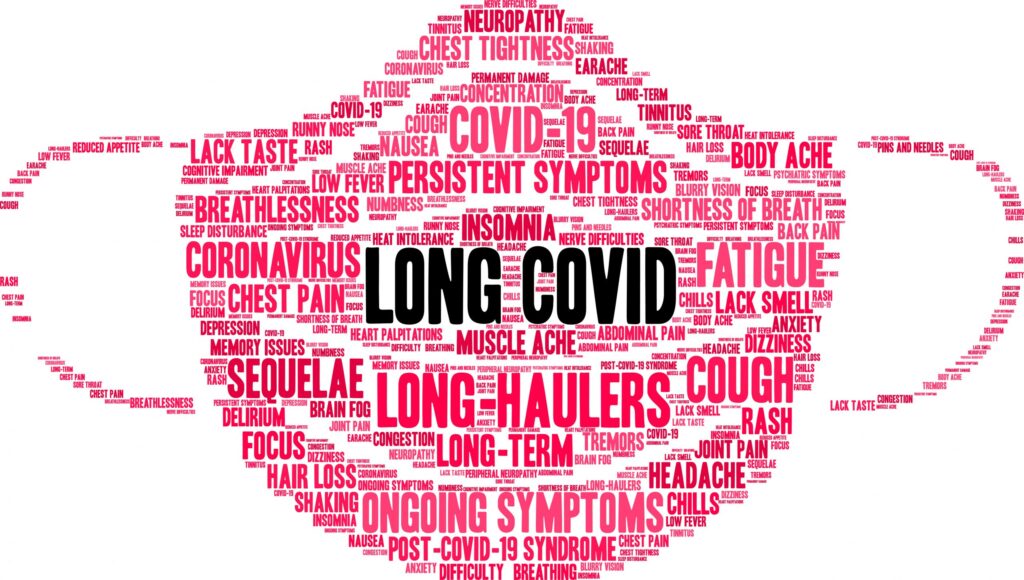
The ongoing COVID-19 pandemic has profoundly affected global health, economies, and daily life. However, the emergence of “long Covid,” a term that encompasses a range of symptoms that continue for weeks or months after the initial infection, is becoming a cause for concern. This condition is officially known as Post-Acute Sequelae of SARS-CoV-2 infection (PASC). Recent studies indicate an alarming rise in the number of Americans experiencing long Covid, with a significant impact on their quality of life and the healthcare system at large.
What is Long Covid?
Long Covid refers to a myriad of symptoms that persist well beyond the typical convalescence period of the coronavirus. Patients report a variety of symptoms including, but not limited to:
- Chronic fatigue
- Shortness of breath
- “Brain fog” or cognitive impairment
- Chest pain
- Joint pain
- Persistent loss of taste and smell
What makes long Covid particularly perplexing is that it can affect individuals regardless of the severity of their initial infection. Even those who had mild symptoms or were asymptomatic during the acute phase of COVID-19 can suffer from prolonged complications.
The Extent of the Problem
The precise number of people affected by long Covid remains uncertain, but the statistics that have emerged are concerning. According to a study published in the journal JAMA Network Open, it’s estimated that approximately 23% of COVID-19 survivors in the United States have experienced some form of long Covid symptoms. This suggests that millions of Americans could potentially be grappling with ongoing health issues related to the virus.
Economic and Social Impact
The rise in long Covid cases has significant economic implications. The long-term symptoms can lead to increased healthcare costs, loss of productivity, and workplace absences. Furthermore, because long Covid can impair an individual’s ability to carry out daily activities, it also poses a broader social challenge, impacting mental health and the ability to maintain regular employment or education.
Healthcare System Response
The U.S. healthcare system is adapting to address the needs of those with long Covid. Clinics specializing in the treatment of long Covid have begun to open across the country. Medical professionals are working to understand the condition better and develop effective treatment plans. Further research is urgently needed to uncover the biological mechanisms that cause these lasting symptoms and to identify potential therapies.
Looking Forward
Efforts are ongoing to quantify the full scope of long Covid and to develop strategies for managing and treating it. Vaccination remains a key strategy in preventing the initial spread of COVID-19 and, it is hoped, in reducing the incidence of long Covid. Public health guidelines continue to evolve as more is learned about the virus and its long-term effects.
Conclusion
The rise in long Covid symptoms among Americans is an issue that cannot be ignored. It highlights the need for continued vigilance and a robust response from both the healthcare system and public health authorities. Understanding, support, and ongoing research will be vital as we address the challenges posed by long Covid and attempt to reduce its impact on individuals and society.
For those struggling with long Covid, know that you are not alone, and support systems are growing. As awareness increases, the medical community is making strides towards better care and hopefully, in time, more effective treatments.



